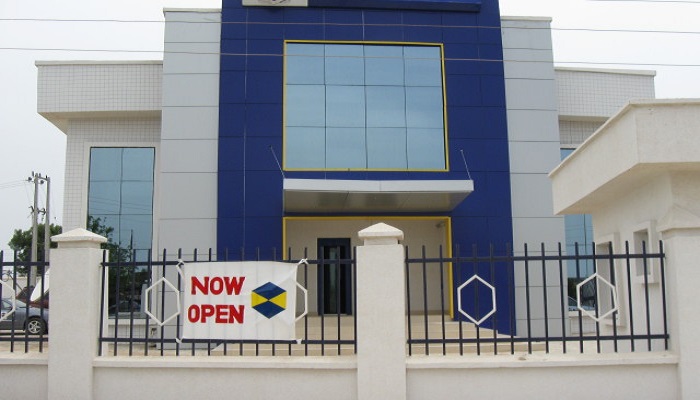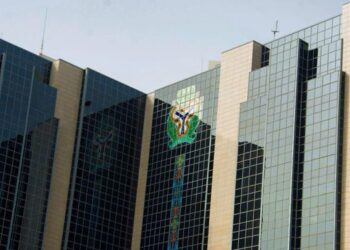A member of the Central Bank Monetary policy committee Dr Doyin Salami, recently expressed worries that the NPL (non performing loans) of banks was above regulatory limits and was on the rise. According to him, combining the four fringe banks that were undercapitalized would equate to a Systematically Important Bank (SIB), and the failure of one of them could lead to a banking crisis.
A banking crisis is an event regulators, analysts, economist and even bank depositors dread and try to avoid. Memories of the banking crisis of the nineties and in 2011 is still fresh in the memory of Nigerians.
The political ramifications, particularly for the ruling APC, will be catastrophic should a banking crisis occur. This is perhaps why the CBN is taking the financial health of banks seriously and will go as far as injecting capital into banks just to avoid a crisis.
As depositors and investors, you need not wait for the CBN or even analysts to tell you if a bank is financially sound or not. There are ratios, that the CBN uses to identify banks that are not in good financial state that you can also use.
The ratios are indicators and not necessarily a confirmation that the banks are about to collapse; however, they are acceptable benchmarks.
NPL Ratio
This is an acronym for Non Performing Loans Ratio. The NPL is a ratio of a bank’s bad loans to their total loans. So, assuming a bank has a total loan portfolio of N1 trillion and N100 billion of the loans are bad, then the NPL ratio is 10%. The Central Bank set an NPL ratio of 5%, and expects banks to stay within this range. However, in the Financial Stability Report (page 40) issued by the CBN earlier in the year, it claimed that commercial banks in Nigeria had an NPL ratio of 14% as at December 2016. It was 5.3% at the end of December 2015.
Nevertheless, banks with an NPL above 5% is a bad sign.
CAR
The Capital Adequacy Ratio, CAR, is a ratio of a banks qualified capital (equity) as a percentage of its total risk assets (money lent out by the bank).
In simple terms, the ratio measures a bank’s ability to shoulder loans should they go bad. The CBN set a CAR of 14% for commercial banks and 15% for commercial banks that have foreign subsidiary. Banks that are purely local (just in Nigeria) have a CAR of 10%.
Banks that are designated systemically important have a CAR of 16%. Any ratio below 10% is a danger signal.
To put this into perspective, if a bank as total risk assets of N1 trillion, at a CAR of 16%, it will need to have a capital (equity) of N160 billion. If it has less, then the bank will need to raise capital.
The CBN Financial Stability Report indicated banks posted a CAR of about 13.9% in 2016, lower than the average.
Liquidity Ratio
Liquidity ratio is the ratio of a banks liquid assets to its liabilities. In other words, a banks cash balance plus assets that it can easily convert to cash to the total liabilities owed by the bank, which is typically your deposits. In Nigeria’s banks are supposed to have a liquidity ratio of 30%. A liquidity ratio is important because it states how much cash a bank to meet the request of its depositors.
Therefore, a bank with a liquidity ratio of less than 30% is not a good sign and may be in bad financial health. Above 30% is a good sign.
Finally
While not one ratio is more important than the other, banks are not expected to fall short of any of these ratios. Also, a bank with a poor NPL will have to be assessed for its CAR and liquidity ratios. If the NPL is bad and the other ratios are strong, then the bank will need to only make sure that more of its loans are performing.
Now that you know what these ratios mean, the table below is the NPL, CAR and Liquidity ratio of Nigerian banks quoted on the Nigerian Stock Exchange.
[wpdatatable id=269 table_view=regular]



















